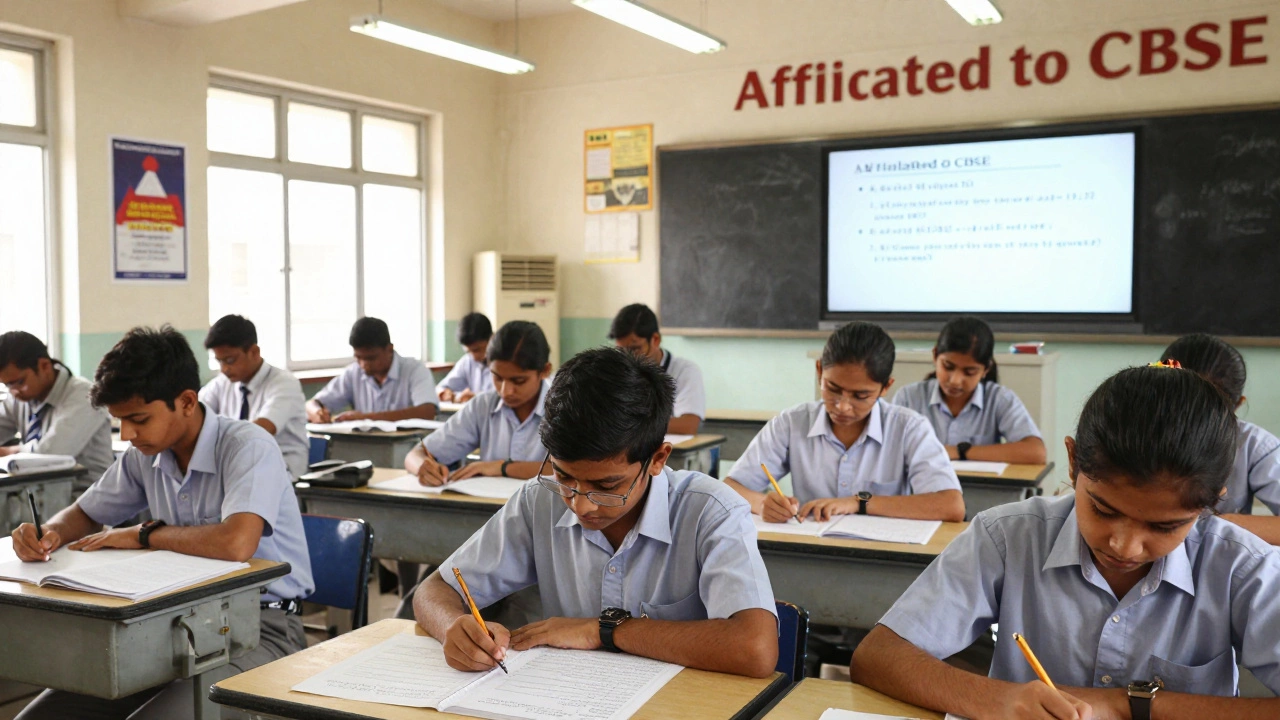CBSE Schools: What Parents and Students Need to Know
CBSE (Central Board of Secondary Education) runs thousands of schools across India. If you’re hunting for a school that offers a balanced syllabus, clear exam dates, and nationwide recognition, CBSE is often the first name that pops up. This guide breaks down the basics and gives you real‑world steps to find the right CBSE school for your family.
Why Choose CBCE?
CBSE’s curriculum is designed to be uniform from Delhi to Delhi‑NCR, which means a student can switch schools without missing a beat. The board focuses on concepts rather than rote memorisation, making it easier for kids to handle competitive exams like JEE and NEET later on. Plus, the board’s emphasis on continuous assessment and project work adds a practical edge to classroom learning.
How to Pick the Right CBSE School
Start by listing what matters most: location, fees, infrastructure, or extracurricular options. Visit the campus, talk to teachers, and ask about student‑teacher ratios—smaller classes usually mean more attention. Check the school’s last three years of board results; consistent scores signal good teaching practices.
Don’t forget to probe the school’s approach to technology. A modern CBSE school should have smart classrooms, online portals for parents, and regular IT workshops for students. If you value sports or arts, ask about facilities and competitive teams. Good schools integrate these activities into the timetable instead of treating them as after‑school extras.
Fees can vary widely, so request a detailed fee structure. Some schools bundle transport, uniforms, and lab charges, while others list them separately. Understanding the total cost helps avoid surprise bills later.
Another practical tip is to ask about the admission process. Many CBSE schools have a simple application form followed by a short interview or an entry test. Knowing the timeline lets you prepare your child’s documents early and reduces stress.
If you have a child with special needs, verify the school’s inclusion policies. CBSE mandates certain support services, but implementation differs. Look for dedicated resource rooms, trained staff, and a clear Individualised Education Plan (IEP) process.
Finally, trust your gut. After gathering data, sit down with your child and discuss what feels right. A school that matches both academic goals and the child’s personality will keep motivation high.
In short, CBSE schools offer a solid academic foundation, nationwide acceptance, and a structured path to higher education. By checking location, fees, results, tech, and extracurriculars, you can narrow down the list to a few strong contenders. Take a campus tour, ask the right questions, and involve your child in the decision—your next CBSE school choice will feel confident and well‑informed.

